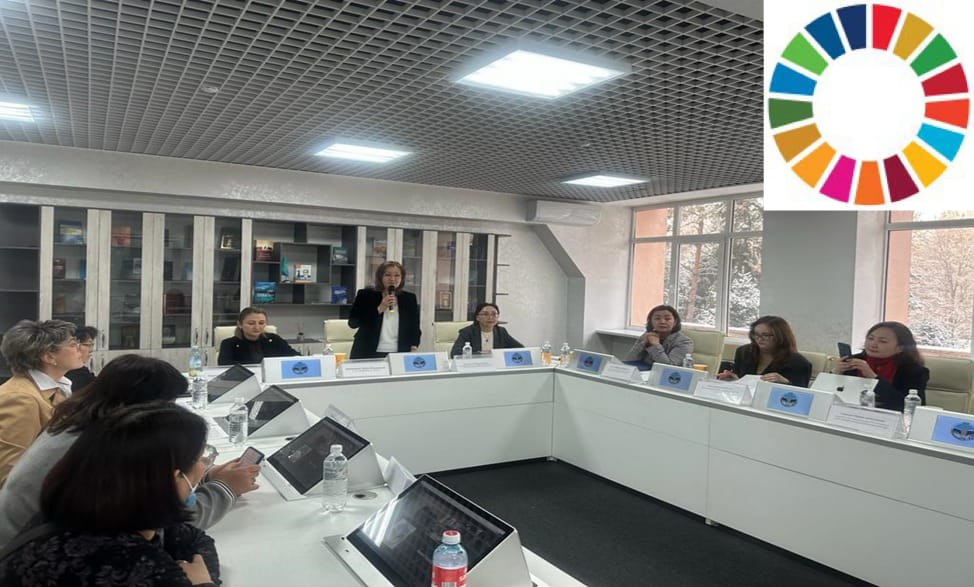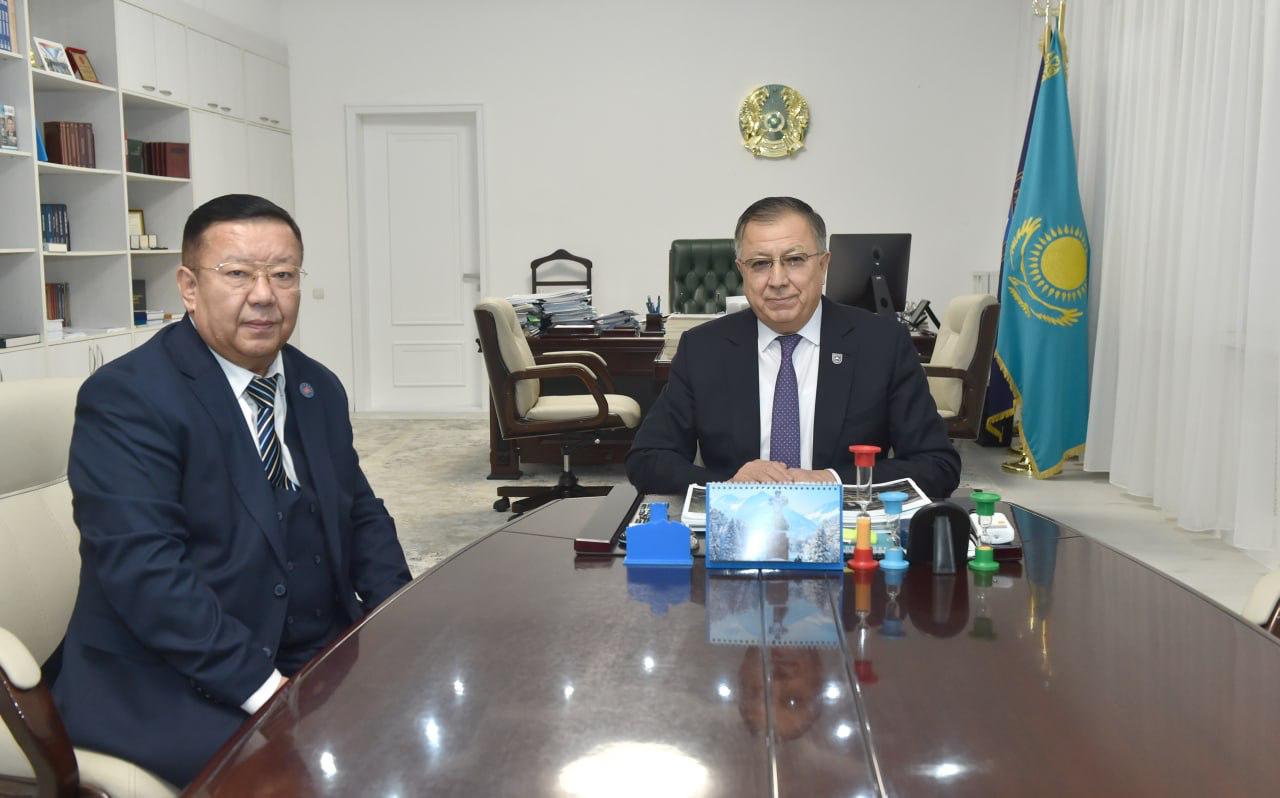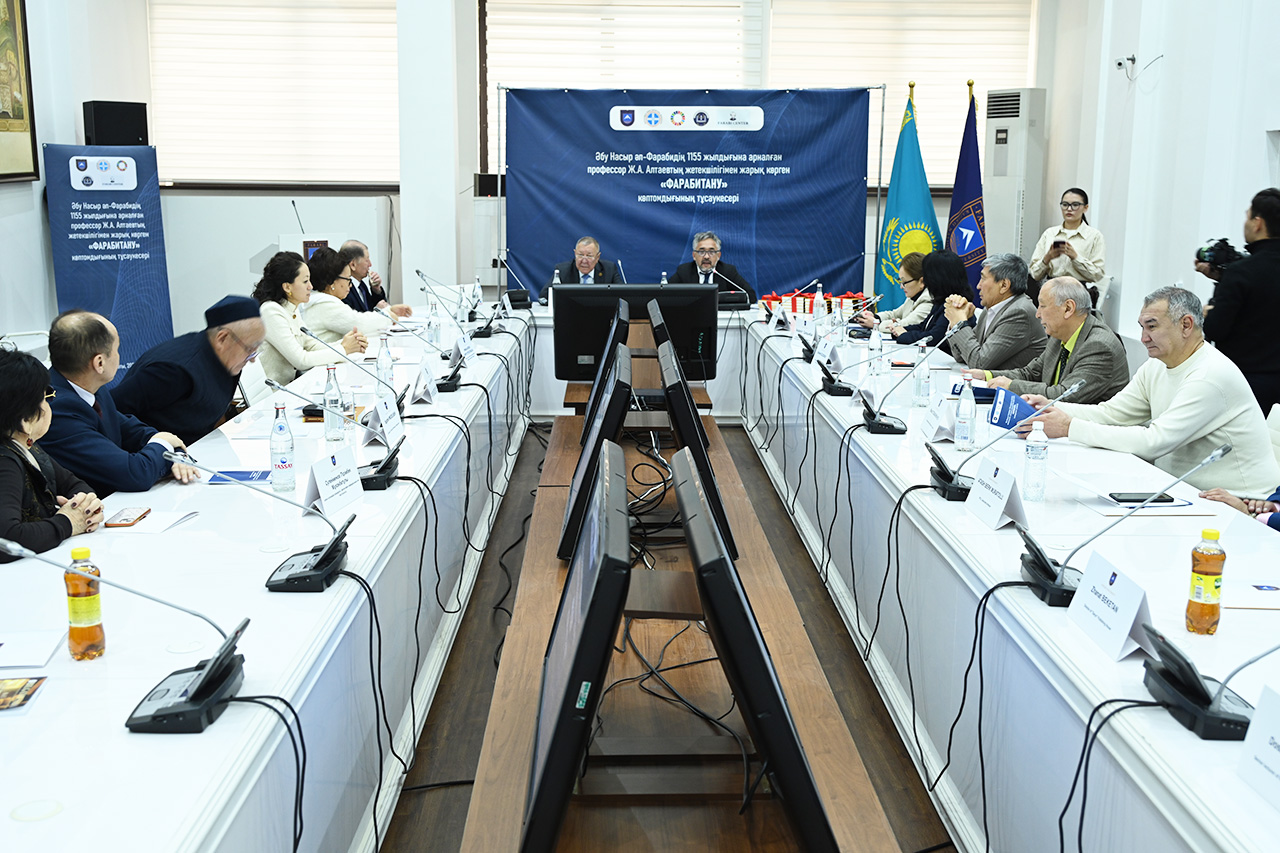- Main
- News
- International round table on the topic "Problems of evaluating the effectiveness and efficiency of the use of national resources in the framework of state audit"
International round table on the topic "Problems of evaluating the effectiveness and efficiency of the use of national resources in the framework of state audit"

The concept of sustainable development assumes that fundamental research and scientific and applied developments occupy a priority place in it. Sustainable development requires the identification and development of long-term scientifically sound prospects, taking into account the consequences of global changes at the local and regional levels in the development process and using the most reliable scientific knowledge currently available. It is necessary to increase the level of scientific literacy and conduct constant monitoring and assessment of the development process in light of the results of ongoing scientific research to ensure that the use of resources does not hurt the environment.
The higher the level of scientific literacy, the more complex the tasks of technological development will be solved, and the more effective solutions in the economy will be found. The high-tech environment and high-tech technologies determine the increasing role of scientific literacy.
A group of researchers from the Department of Finance and Accounting of the Higher School of Economics and Business of Al-Farabi Kazakh National University participated in the implementation of a fundamental study (IRN BR21882352 "Development of a new paradigm and concept for the development of public audit, recommendations for improving the quality assessment and management system and the effective use of national resources") initiated by the Center for Research, Analysis and Evaluation of Efficiency at the Supreme Audit Chamber of the Republic of Kazakhstan.
As part of this large-scale program and target project, in December 2023, the Higher School of Economics and Business hosted an international round table on the topic "Problems of evaluating the effectiveness and efficiency of the use of national resources in the framework of state audit".
The international round table was attended by doctoral students, undergraduates, and students who additionally gained knowledge about the state and prospects of public administration of the use of national resources to achieve sustainable development.
The training of specialists whose skills and competencies are focused on achieving the Sustainable Development Goals is precisely the task by which the university has the most tangible and direct impact on the level of national progress towards the SDGs (SDG 4 «Quality education for all», SDG 12 «Responsible consumption and production», SDG 17 «Partnership for sustainable Development»).

